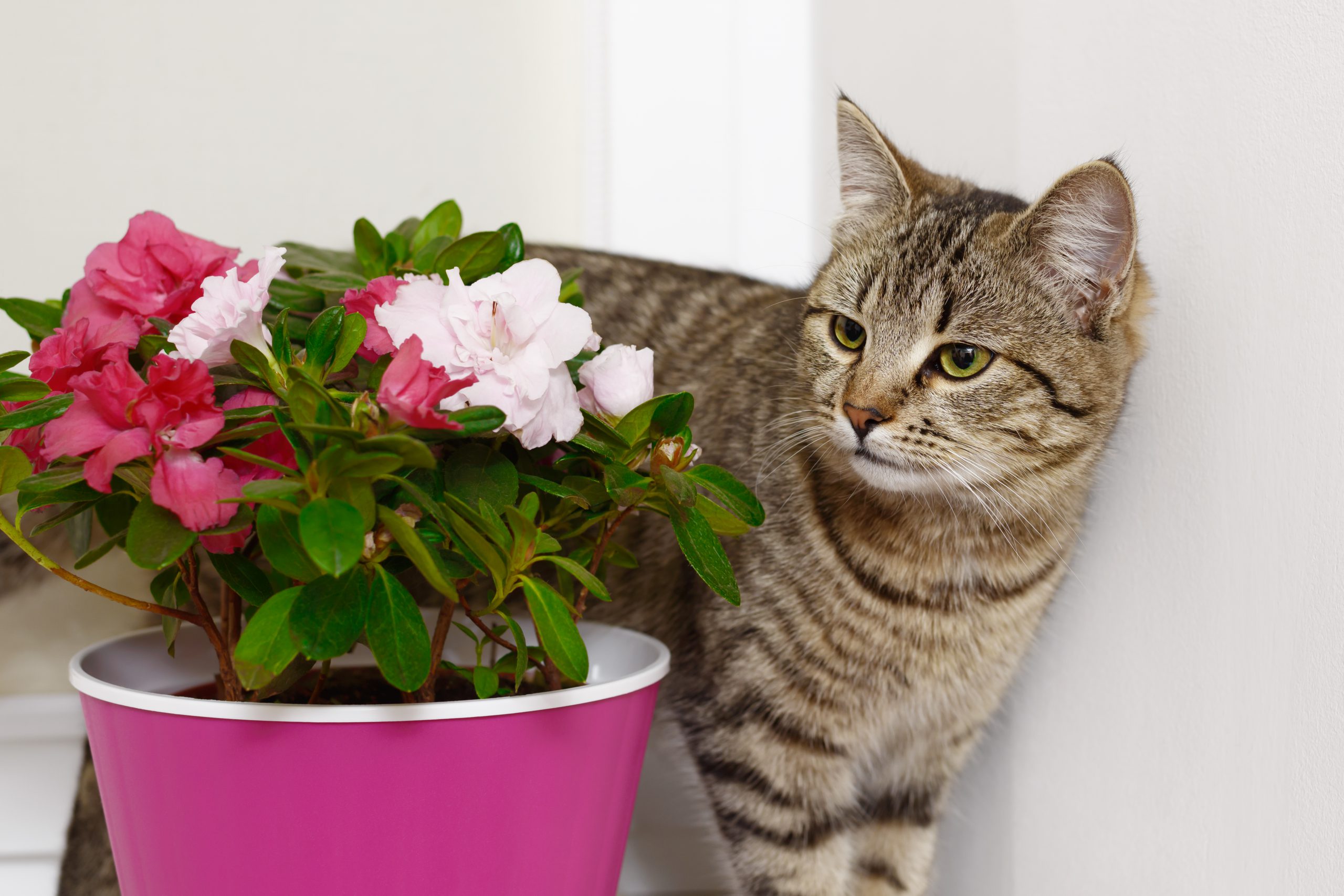
Plants are a wonderful way to give your home a special lift, especially if you’re preparing for sale and want to embrace the latest fashions in interior design.
Whether you’re decorating a bathroom or an open plan living area, judicious use of indoor plants captures the back-to-nature vibe that so many designers favour currently.
As an experienced local real estate agency, we know there’s no doubt that including a few elements of contemporary interior design works wonders with prospective buyers.
Your garden may also benefit from re-planting flower beds, new hedges, and even a statement plant in an ignored corner.
But before you dash to your local garden centre, you should be aware of a few plants that are toxic to animals. If you have pets that eat everything in sight, you may wish to avoid them. Or if you do see that your pet has consumed these plants, please take them immediately to the vet.
Lilies
Lilies are popular as indoor and outside plants but consumption of the leaves, stem, flower and even pollen can result in kidney failure. Cats are especially vulnerable. One variation, the peace lily, will cause oral, stomach and breathing issues for both cats and dogs if consumed.
Cycad
A beautiful ornamental plant originally from Japan, it can cause liver failure and severe stomach issues if eaten. Young dogs especially have been known to eat the seeds with fatal consequences.
Brunfelsia
The more common name of this plant is a Yesterday, Today and Tomorrow plant. Its berries offer a double-toxin threat that’s fatal to dogs. If you have this plant and a pet, you might be safest to pull it out, stick it in a plastic bag and place it in the garbage.
Nerium oleander
Oleanders have pretty flowers and are hardy plants that can thrive in dry conditions. But if eaten your pet will be susceptible to issues ranging from vomiting to an irregular heartbeat.
Aloe vera
Unlike humans, cats and dogs won’t find anything medicinal here, only vomiting and diarrhoea. It’s a great plant but make sure your aloe vera is potted and out of reach for animals. The spikes are likely to ensure they don’t eat it, but its better to be safe.
Azalea
Sadly, this favourite of Australian gardens will create heart abnormalities and physical weakness in animals if consumed. However, given how many gardens have them, it seems most dogs and cats know to avoid them.
Mother’s tongue
This architectural plant is being used a lot at the moment because of its striking appearance. It’s another plant that only promises your pet stomach issues and nausea if consumed. It’s also known as the snake plant.
